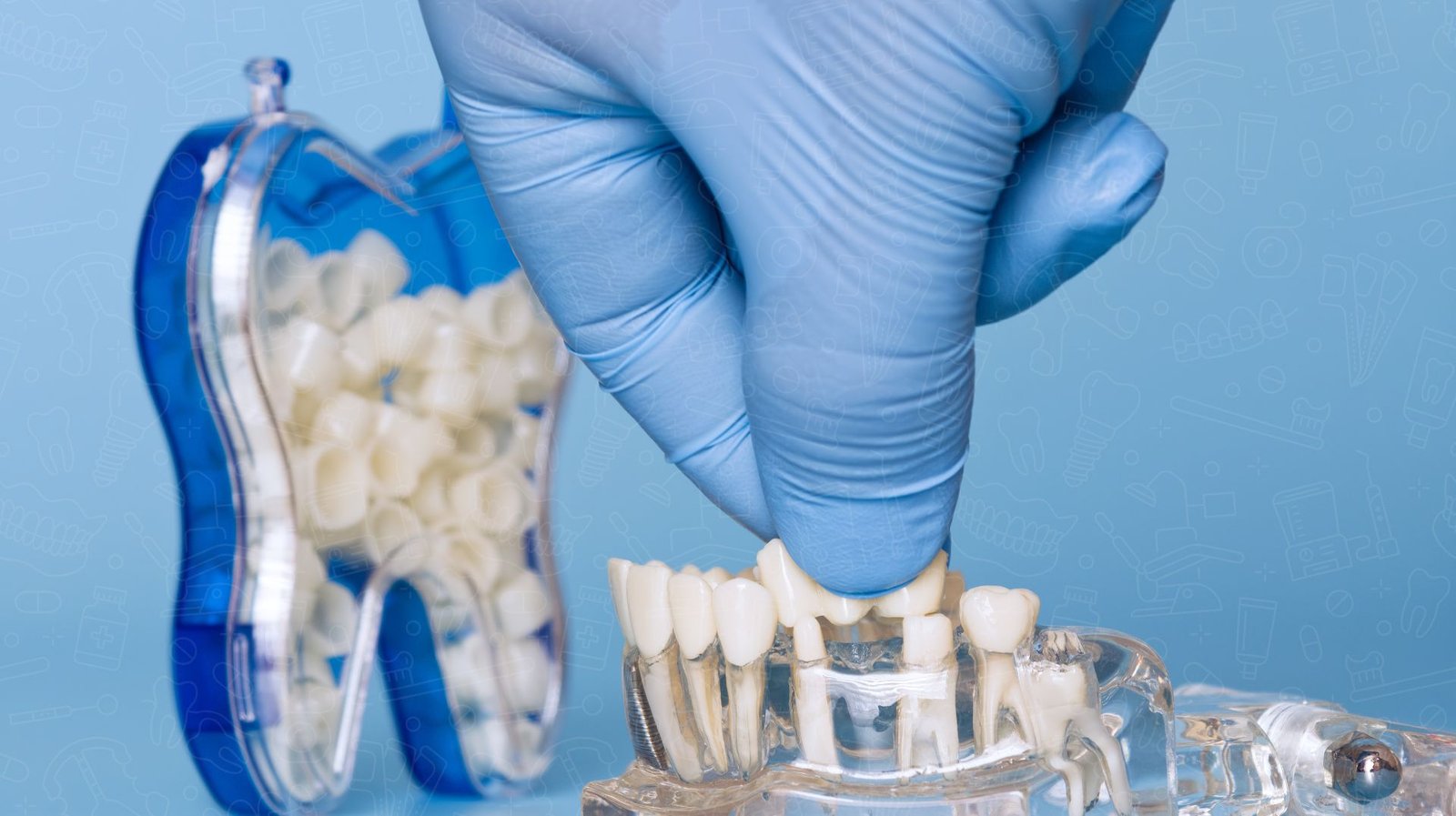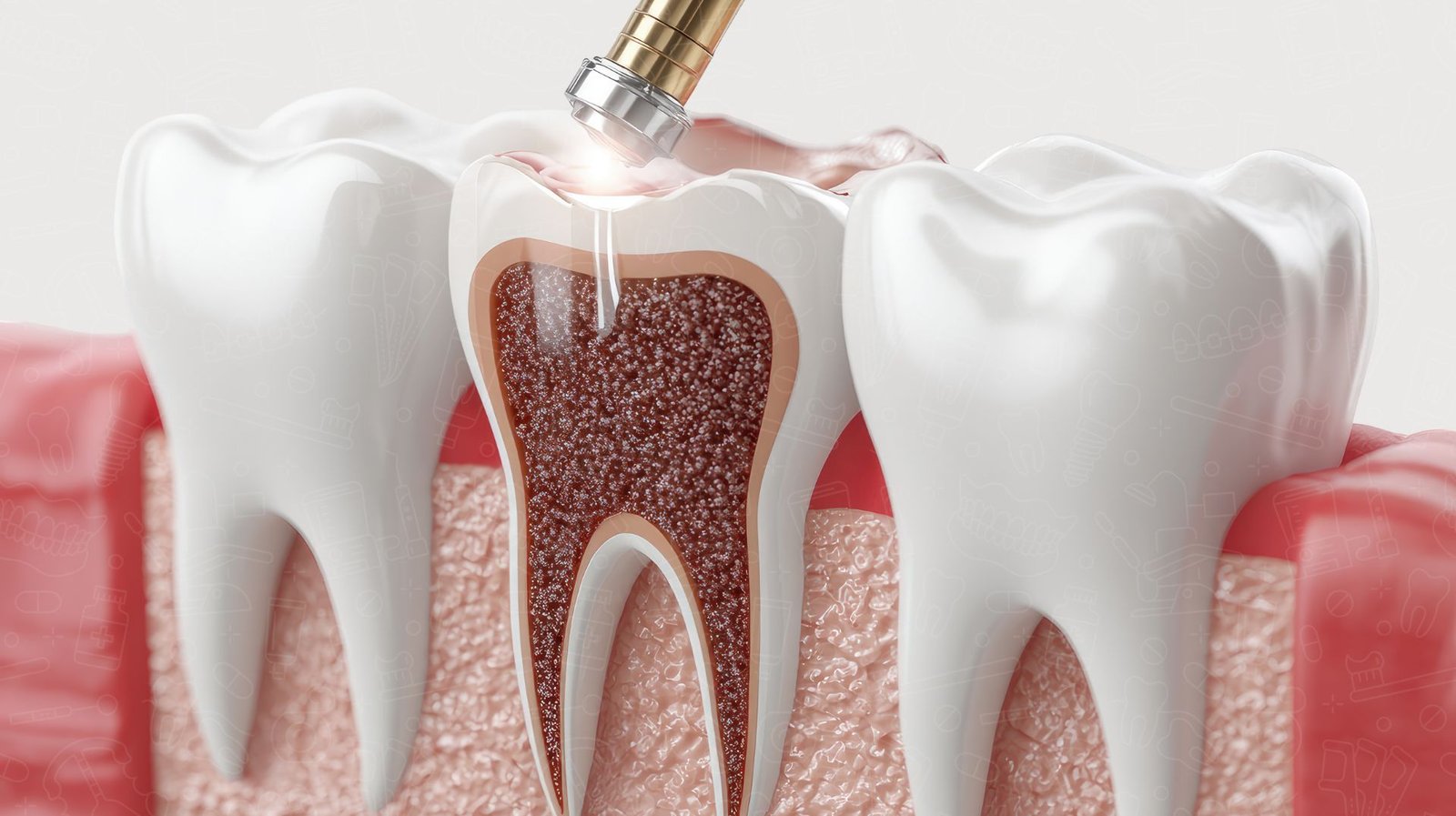Introduction
The intricate relationship between oral health and heart disease has become increasingly apparent in recent years, leading to a greater understanding of health management. Numerous studies indicate that poor dental hygiene may significantly contribute to the development of cardiovascular conditions, making it essential for individuals to recognize the importance of maintaining oral health. Neglected oral care can lead to both gum disease and chronic inflammation, which are identified risk factors for heart disease.
Harmful bacteria proliferate in the mouth when proper hygiene is overlooked, creating pathways that allow these microorganisms to enter the bloodstream. This can trigger systemic inflammation and arterial plaque buildup, ultimately increasing the likelihood of heart attack and stroke. Awareness of this link underscores the necessity of integrating dental health into overall wellness strategies, particularly for those at higher risk of cardiovascular disease.
This article aims to elucidate the reasons why oral health should be prioritized not just for aesthetic reasons, but as a critical component of cardiovascular health. By exploring common oral health issues and their implications on heart conditions, as well as preventive measures and the vital role of regular dental care, readers will gain valuable insights. Understanding this connection empowers individuals to take proactive steps toward improved oral and heart health, highlighting the need for a holistic approach to their overall well-being.
Understanding the Connection Between Oral Health and Heart Disease
Research has shown a significant link between oral health and heart disease, highlighting the impact of poor dental hygiene on cardiovascular conditions. Poor oral care can lead to chronic inflammation, which is a risk factor for developing heart disease. When oral hygiene is neglected, harmful bacteria thrive in the mouth, potentially leading to periodontal disease. This condition not only affects the gums but can also trigger a systemic inflammatory response that influences heart health.
The bacteria from the mouth can enter the bloodstream through gum tissue, leading to a series of complications within the cardiovascular system. These microorganisms may cause arterial plaque buildup, increasing the risk of heart attack and stroke. Understanding this connection is critical for recognizing that maintaining oral hygiene goes beyond dental aesthetics; it is a crucial component of overall health.
Additionally, the systemic effects of oral bacteria provide compelling evidence for integrating oral care into cardiovascular risk assessments. Regular dental checkups and proper oral hygiene practices are vital in mitigating these risks, underlining the importance of a holistic approach to health management. As research continues to uncover the intricate relationship between oral health and heart disease, it emphasizes the essential role that preventative measures play in safeguarding both dental and cardiovascular health.
Common Oral Health Issues That May Impact Heart Health
Oral health plays a crucial role in overall well-being, and specific dental conditions have been linked to an increased risk of heart disease. One common issue is gum disease, characterized by inflammation and infection of the tissues that support the teeth. As gum disease progresses, it can lead to periodontitis, a severe form of gum disease that can result in tooth loss and is associated with systemic inflammation.
Research indicates that individuals suffering from chronic gum disease may have a higher likelihood of developing cardiovascular problems. The inflammation caused by gum infections can contribute to the buildup of plaque in the arteries, leading to atherosclerosis. Additionally, conditions such as tooth decay and oral infections can further exacerbate health issues by providing pathways for harmful bacteria to enter the bloodstream.
Oral health issues are not limited to those with poor hygiene; they can also affect otherwise healthy individuals, making it vital for everyone to maintain regular dental checkups. Awareness of these links underscores the importance of preventive care, as addressing oral health issues may be a proactive measure in reducing heart disease risk. By identifying and managing dental conditions early, individuals can significantly influence their cardiovascular health, highlighting the interconnectedness of oral and heart health in overall wellness.
How Bacteria from the Mouth Can Affect the Cardiovascular System
Poor oral hygiene can lead to the proliferation of harmful bacteria in the mouth, which, when released into the bloodstream, pose serious risks to cardiovascular health. The mouth serves as a gateway for bacteria, particularly during activities like chewing, brushing, or flossing. This bacterial transfer can trigger systemic inflammation, a key factor in the development of various heart diseases.
In particular, studies have shown that oral bacteria such as Streptococcus and Porphyromonas gingivalis can invade the bloodstream, eventually reaching vital organs, including the heart. Once there, these bacteria may contribute to the formation of arterial plaque, which can lead to atherosclerosis, a condition characterized by the hardening and narrowing of arteries. Additionally, the inflammatory response initiated by these oral pathogens can increase blood pressure and promote clot formation, further complicating cardiovascular health.
The interplay between oral health and the cardiovascular system underlines the importance of maintaining good oral hygiene practices. Regular brushing, flossing, and dental checkups not only prevent dental problems but also play a crucial role in protecting heart health. By understanding the biological pathways through which oral bacteria impact the cardiovascular system, individuals can make informed decisions about their oral care, ultimately reducing their risk of heart disease.
Scientific Research Supporting the Oral Health and Heart Disease Link
Numerous scientific studies have illustrated the significant connection between oral health and heart disease. Research shows that individuals with periodontal disease may have a 20-30% higher risk of developing cardiovascular conditions. This association is largely attributed to chronic inflammation caused by oral bacteria, which can exacerbate systemic inflammation linked to heart disease.
A landmark study published in the Journal of American College of Cardiology found that the presence of certain oral bacteria in the bloodstream correlates with increased arterial plaque formation, a key factor in heart disease. Another investigation, appearing in the British Medical Journal, suggested that individuals with a history of gum disease experienced a greater incidence of heart events, including heart attacks and strokes.
Furthermore, meta-analyses have emphasized that maintaining good oral hygiene can lower systemic inflammatory markers, which are critical when assessing cardiovascular risk. These findings suggest that dental health is not merely an isolated issue but rather a significant contributor to overall health, particularly regarding cardiovascular well-being.
As the research continues to evolve, it emphasizes the essential role of dental care in preventive health strategies, urging individuals to prioritize their oral hygiene as a means to potentially mitigate heart disease risk. The ongoing exploration of this relationship serves as an important reminder of the interconnectedness of body systems and the importance of holistic health approaches.
Preventive Dental Care to Reduce Heart Disease Risk
Routine preventive dental care plays a crucial role in promoting overall health, particularly in reducing the risk of heart disease. Regular dental checkups allow for early detection and management of oral health issues, such as gum disease and tooth decay, which may have systemic implications. During these visits, dental professionals perform thorough cleanings that remove plaque and tartar buildup, helping prevent inflammation that can exacerbate cardiovascular conditions.
Additionally, maintaining proper oral hygiene habits, including brushing at least twice a day and flossing daily, can significantly impact oral health. These practices help reduce harmful bacteria in the mouth, which can otherwise enter the bloodstream and contribute to inflammation of the heart and blood vessels. Educating patients about the link between oral hygiene and heart health encourages them to prioritize both aspects of their well-being.
Implementing a comprehensive oral care routine, alongside regular visits to a dentist, can therefore serve as an effective strategy in lowering the likelihood of developing heart disease. This preventive approach is particularly crucial for individuals with existing risk factors, such as diabetes or a family history of cardiovascular issues. In summary, prioritizing dental health through consistent care and hygiene practices not only fosters a healthy smile but also supports cardiovascular health, lowering the potential risk of heart conditions.
At-Risk Groups and the Importance of Monitoring Oral and Heart Health
Certain populations are at a heightened risk for both poor oral health and heart disease, necessitating regular monitoring and integrated health management. Individuals with chronic conditions like diabetes often experience complications in oral health, as their immune response may be compromised, increasing susceptibility to gum disease. Additionally, older adults frequently contend with multiple dental problems, including tooth loss and diminished gum health, which can exacerbate cardiovascular risks.
Socioeconomic factors also play a crucial role. Lower access to dental care and education about oral hygiene can lead to untreated dental issues. Furthermore, individuals with lower income levels may face barriers to both effective dental and heart health care, compounding their risk.
Other at-risk populations include smokers and those with high-stress lifestyles, both of which can adversely affect oral health and, consequently, heart health. Integrating regular dental checkups into overall health screenings provides these groups an opportunity to address both oral and cardiovascular health proactively.
Healthcare providers advocating for a holistic approach to patient management can emphasize the importance of oral hygiene as part of cardiovascular care. Increased awareness and education can lead to better health outcomes, ultimately reducing the incidence of heart disease in populations vulnerable to oral health issues. Monitoring both dental and heart health in these at-risk groups is essential in preventing serious health complications.
Conclusion
In summary, the intricate relationship between oral health and heart disease underscores the necessity for individuals to prioritize their dental care as an essential component of overall well-being. This article has illuminated how poor oral hygiene can contribute to chronic inflammation and the proliferation of harmful bacteria, which can adversely affect cardiovascular health. The evidence presented reinforces that maintaining good oral practices, such as regular dental checkups and effective home care regimens, not only improves dental aesthetics but also acts as a proactive measure against heart disease.
Furthermore, individuals in at-risk demographics must recognize the heightened importance of monitoring both their oral and cardiovascular health. By adopting a holistic approach to wellness that includes diligent oral hygiene, individuals can significantly mitigate their risk of developing serious heart conditions. Continuous education and awareness of the connection between dental and cardiac health can empower individuals to take meaningful steps towards preventing complications.
Ultimately, understanding the value of oral health in relation to heart disease fosters a mindset where proactive health management becomes the norm, ensuring that both dental hygiene and cardiovascular care are seen as interconnected priorities. By embracing this comprehensive perspective, individuals can contribute to their long-term health outcomes, paving the way for a healthier future.





